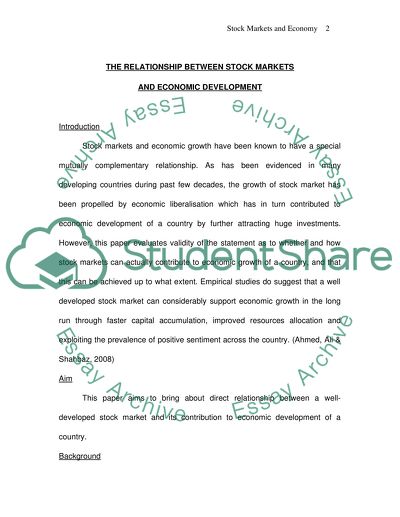Cite this document
(“The relationship between stock markets and economic development Essay”, n.d.)
The relationship between stock markets and economic development Essay. Retrieved from https://studentshare.org/miscellaneous/1545899-the-relationship-between-stock-markets-and-economic-development
The relationship between stock markets and economic development Essay. Retrieved from https://studentshare.org/miscellaneous/1545899-the-relationship-between-stock-markets-and-economic-development
(The Relationship Between Stock Markets and Economic Development Essay)
The Relationship Between Stock Markets and Economic Development Essay. https://studentshare.org/miscellaneous/1545899-the-relationship-between-stock-markets-and-economic-development.
The Relationship Between Stock Markets and Economic Development Essay. https://studentshare.org/miscellaneous/1545899-the-relationship-between-stock-markets-and-economic-development.
“The Relationship Between Stock Markets and Economic Development Essay”, n.d. https://studentshare.org/miscellaneous/1545899-the-relationship-between-stock-markets-and-economic-development.


